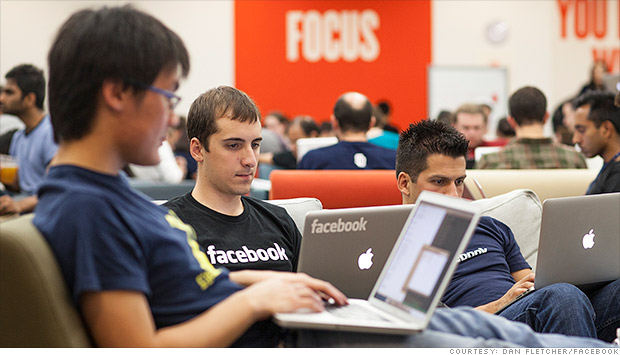Facebook Inc’s Chief Executive Mark Zuckerberg has enlisted Samsung Electronics Co Ltd, Qualcomm Inc and four other companies for a project aimed at bringing Internet access to people around the world who cannot afford it, following efforts by Google Inc.
The project, called Internet.org, is the latest move by an Internet company trying to expand Web access globally. Facebook rival Google is hoping technology, including balloons, wireless and fiber connections will expand connectivity.Internet.org, which was launched on Wednesday, will focus on seeking ways to help the 5 billion people – or two-thirds of the world’s population – who do not have Internet access, come online, the company said in a statement.
It added that so far, only 2.7 billion people around the world have Internet access. The partnership’s potential projects will include the development of lower-cost smartphones and the deployment of Internet access in underserved communities as well as working on ways to reduce the amount of data downloads required to run Internet applications, according to Facebook.
But at least initially, the company appeared to have few details on concrete plans. In an interview on Wednesday, Zuckerberg said the group had a “rough plan” for achieving its goal.
He said the project was not just about making money for Facebook, which has more than 1 billion members and needs to keep expanding to boost revenue. Zuckerberg noted that the first billion Facebook members “have way more money” than the rest of the world combined.
While many of today’s Facebook members use the service just to keep in touch with friends, Zuckerberg said future Internet users may have more lofty needs.”They’re going to use it to decide what kind of governments they want, get access to healthcare for the first time ever, connect with family hundreds of miles away that they haven’t seen in decades.”
Other players in the Internet.org project include Ericsson, MediaTek Inc, Nokia and Opera Software ASA. While the list did not include mobile network operators, Facebook that these companies would play a central role.
In June, Google announced it launched a small network of balloons over the Southern Hemisphere in an experiment it hopes to use to bring reliable Internet access to the world’s most remote regions. The pilot program, Project Loon, took off from New Zealand’s South Island, using solar-powered, high-altitude balloons that ride the wind about 12.5 miles, or twice as high as airplanes, above the ground.




 Premier League
Premier League